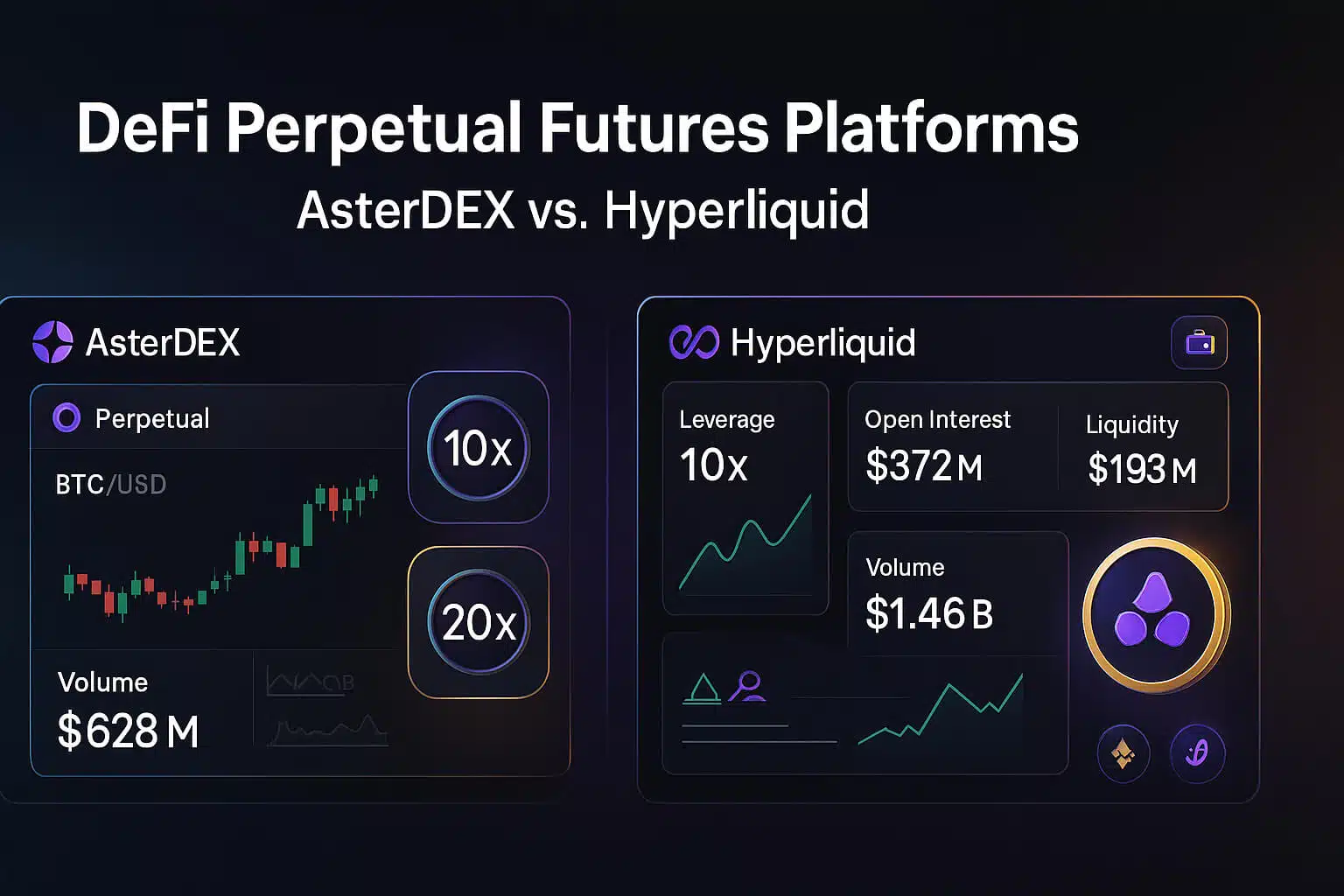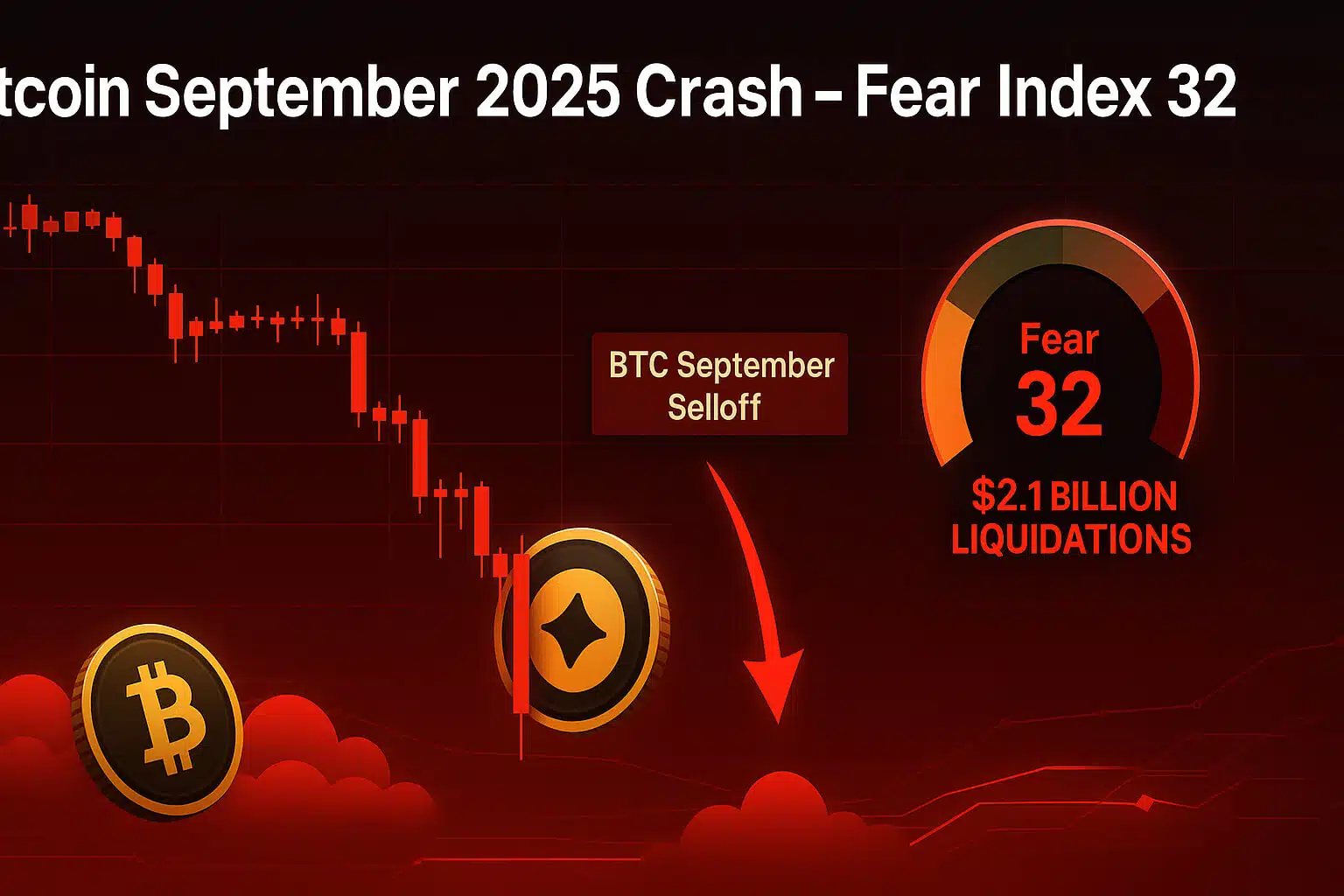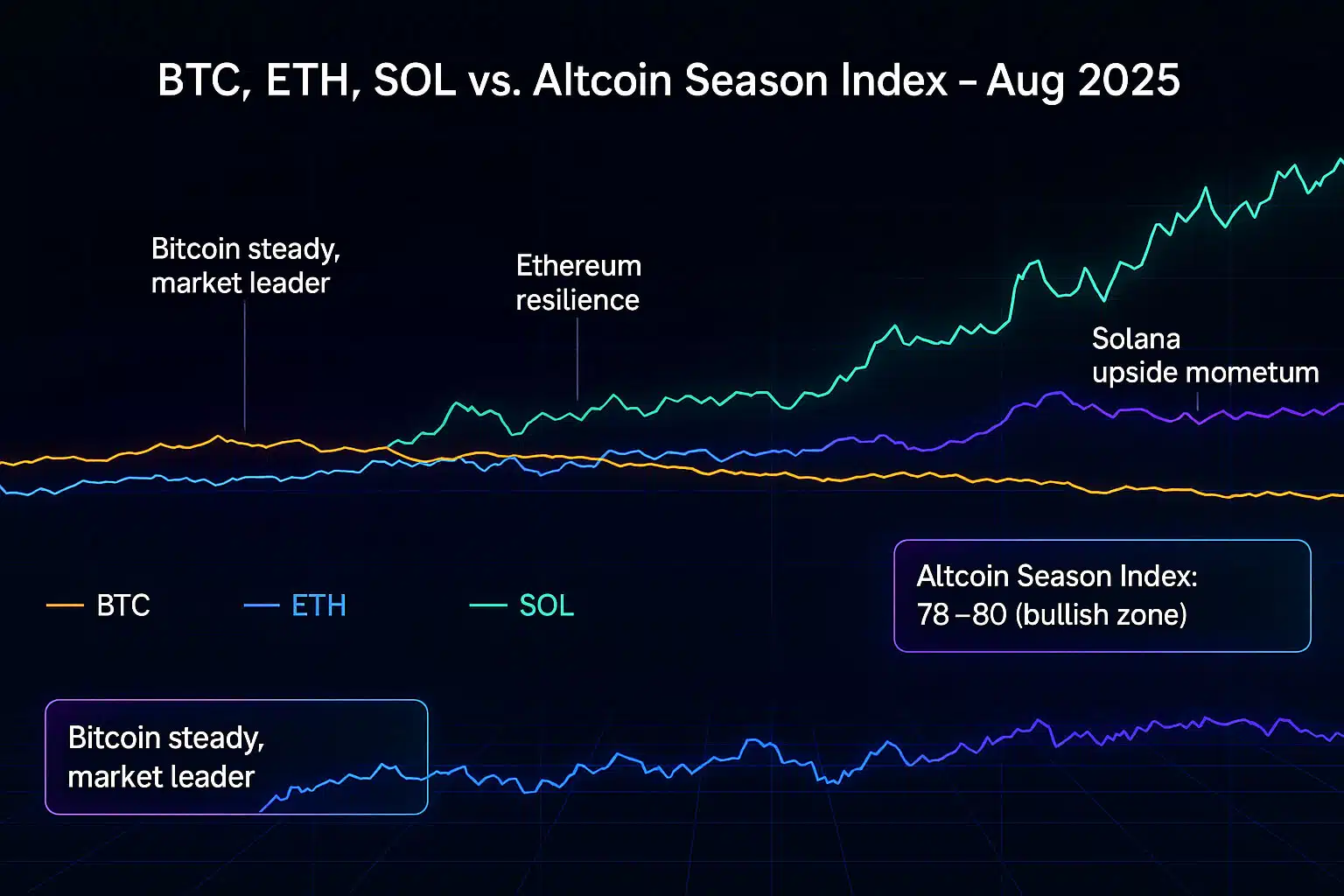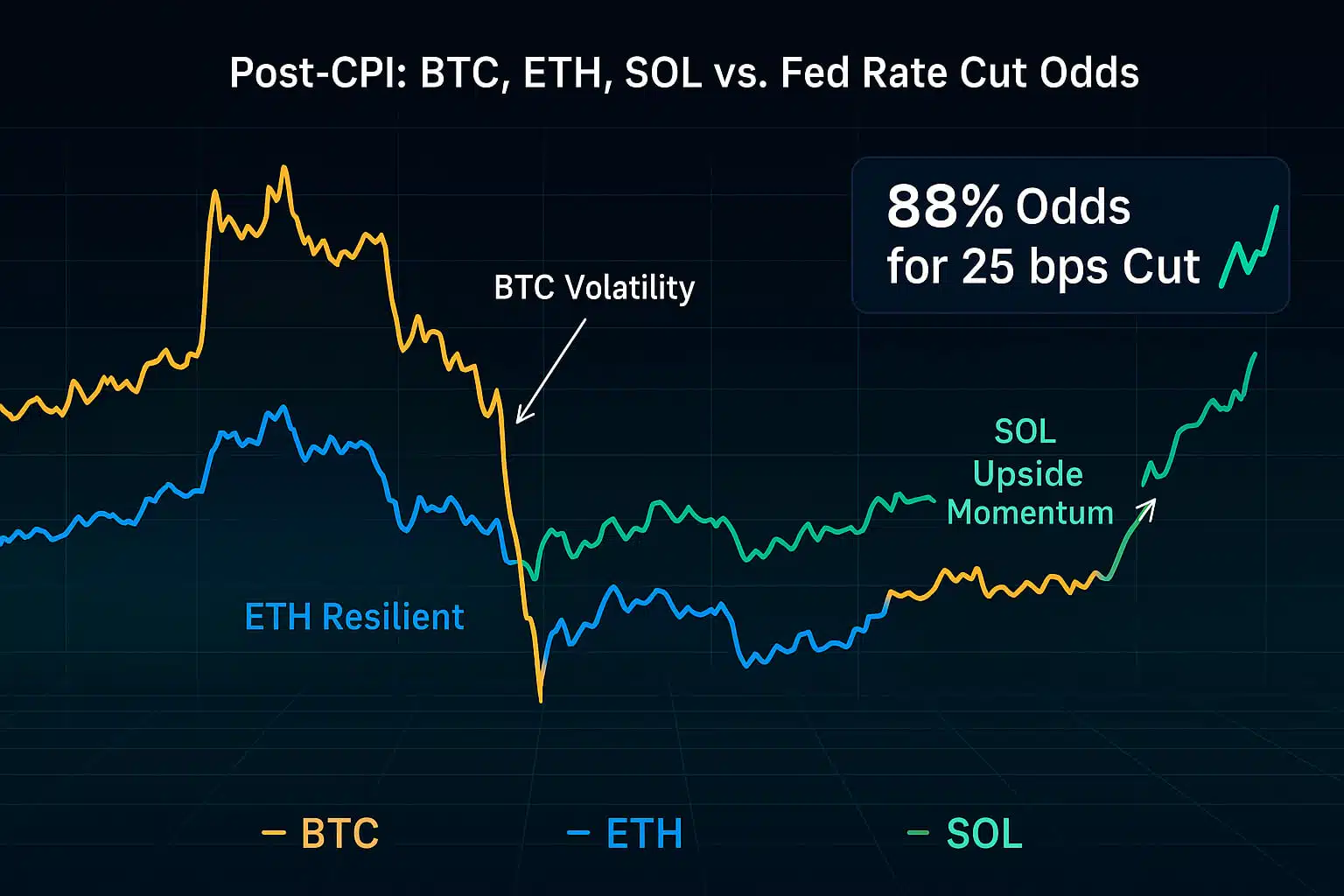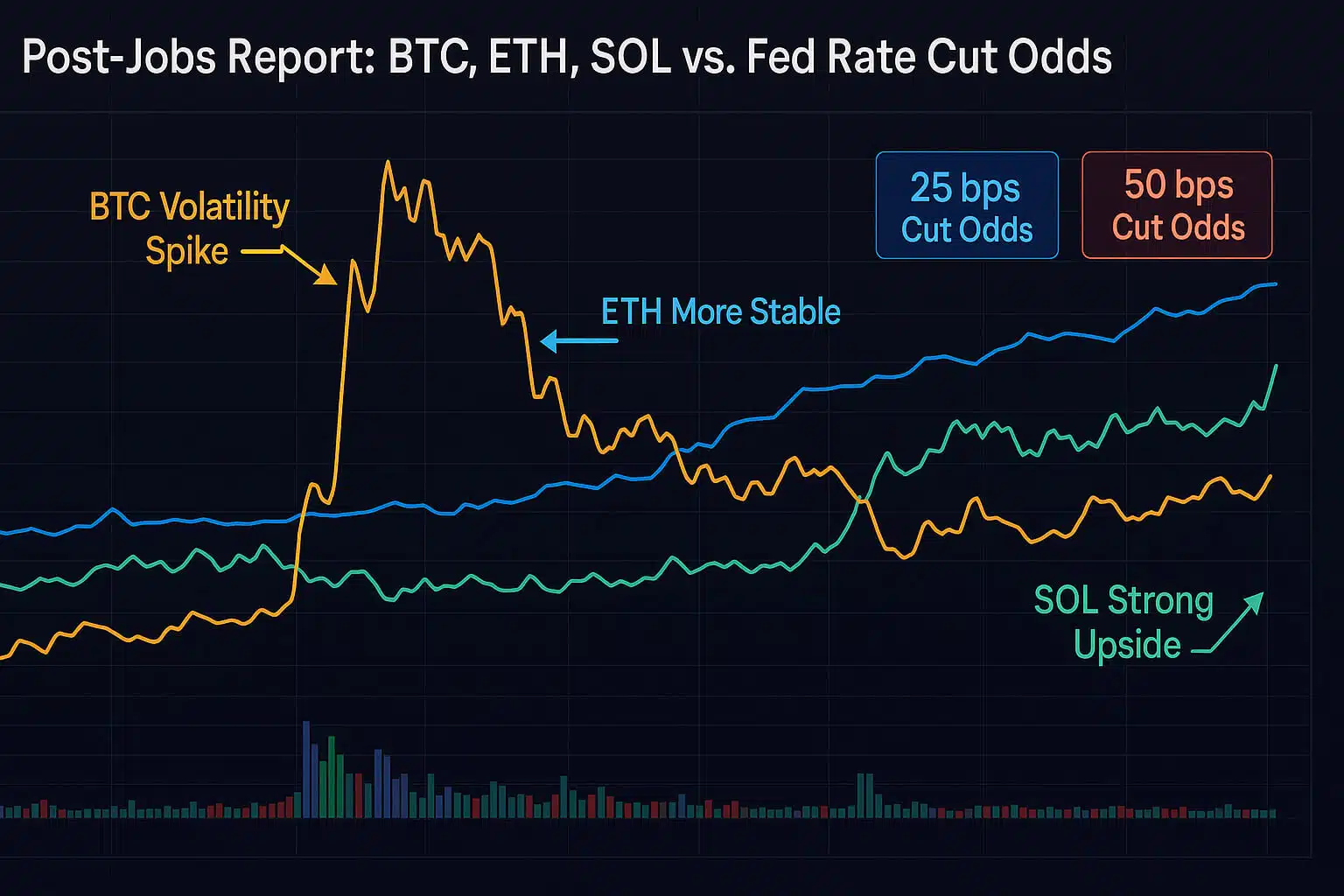1. The Rise of Cryptocurrency and Its Global Reach
In just over a decade, cryptocurrency has evolved from a niche digital experiment into a powerful force reshaping global finance. Initially conceived as an alternative to traditional currencies, cryptocurrencies like Bitcoin and Ethereum have grown to influence everything from banking and investment to international trade and monetary policy. As digital currencies gain traction, their impact on global finance becomes increasingly profound, offering both opportunities and challenges for economies, financial institutions, and policymakers.
Why It Matters
Understanding the impact of cryptocurrency on global finance is crucial for anyone involved in the financial sector, from investors and regulators to businesses and consumers. As digital currencies continue to evolve, they have the potential to transform the global financial landscape in ways that are both disruptive and innovative.
2. Redefining the Financial System: Decentralization and Disintermediation
One of the most significant impacts of cryptocurrency on global finance is the shift towards decentralization. Traditional financial systems rely heavily on centralized institutions like banks, which act as intermediaries in transactions. Cryptocurrencies, on the other hand, operate on decentralized networks, enabling peer-to-peer transactions without the need for intermediaries.
2.1 The Rise of Decentralized Finance (DeFi)
Decentralized Finance, or DeFi, has emerged as a major force in the cryptocurrency space, offering financial services like lending, borrowing, and trading on decentralized platforms. DeFi protocols eliminate the need for traditional banks, instead relying on smart contracts to facilitate transactions securely and transparently.
- Why It Matters: DeFi represents a paradigm shift in how financial services are delivered. By removing intermediaries, DeFi reduces costs, increases access to financial services, and democratizes finance, particularly for people in regions with limited banking infrastructure.
2.2 Disintermediation in Global Finance
Cryptocurrency’s ability to enable direct transactions between parties across borders is challenging traditional financial institutions. Disintermediation—cutting out the middlemen—lowers transaction costs, reduces the time needed for cross-border payments, and increases financial inclusion.
- Why It Matters: Disintermediation can lead to significant cost savings for individuals and businesses, especially in international trade. However, it also poses a threat to traditional financial institutions that have long profited from their role as intermediaries.
3. Challenging Traditional Monetary Policies: The Rise of Digital Currency
Cryptocurrency is also challenging traditional monetary policies and the role of central banks. Unlike fiat currencies, which are issued and controlled by central banks, cryptocurrencies operate on decentralized networks with fixed or algorithmically determined supplies.
3.1 Bitcoin as Digital Gold
Bitcoin is often referred to as “digital gold” due to its fixed supply and deflationary nature. As more investors view Bitcoin as a store of value similar to gold, it could play a role in shaping global monetary policy.
- Why It Matters: If Bitcoin continues to gain acceptance as a store of value, it could influence central banks’ decisions regarding inflation control, currency issuance, and interest rates. This shift could lead to a new financial paradigm where digital assets coexist with traditional fiat currencies.
3.2 Central Bank Digital Currencies (CBDCs)
In response to the rise of cryptocurrencies, several central banks are exploring the development of Central Bank Digital Currencies (CBDCs). These digital versions of fiat currencies aim to combine the benefits of digital currency (such as faster transactions) with the stability and trust of government-backed money.
- Why It Matters: CBDCs could provide central banks with new tools for implementing monetary policy, while also addressing some of the challenges posed by cryptocurrencies, such as financial stability and regulatory oversight.
4. Cryptocurrency and Global Investment: New Opportunities and Risks
The rise of cryptocurrency has opened up new opportunities for global investment, but it also introduces new risks. Digital currencies have attracted a broad range of investors, from retail traders to institutional players, leading to increased market volatility and regulatory scrutiny.
4.1 The Appeal of Cryptocurrency as an Investment
Cryptocurrencies offer unique investment opportunities, including high potential returns and diversification benefits. For example, Bitcoin and Ethereum have delivered significant returns over the past decade, attracting both individual and institutional investors.
- Why It Matters: The increasing institutional adoption of cryptocurrency, such as by companies like Tesla and MicroStrategy, is helping to legitimize digital assets as a viable investment class. This trend could lead to greater integration of cryptocurrency into global financial markets.
4.2 The Risks of Crypto Investment
While cryptocurrencies offer high potential returns, they also come with significant risks. Market volatility, regulatory uncertainty, and security concerns are some of the key challenges facing crypto investors.
- Why It Matters: Understanding the risks associated with cryptocurrency investment is crucial for investors. As the market continues to evolve, regulators may impose new rules and restrictions that could impact the value and accessibility of digital assets.
5. Financial Inclusion and Economic Empowerment
Cryptocurrency has the potential to enhance financial inclusion by providing access to financial services for the unbanked and underbanked populations worldwide. In regions where traditional banking infrastructure is lacking, cryptocurrencies can offer a viable alternative.
5.1 Empowering the Unbanked
Cryptocurrencies enable individuals without access to traditional banking services to participate in the global economy. With just a smartphone and internet connection, people can send, receive, and store digital currencies, bypassing the need for a bank account.
- Why It Matters: By providing financial services to the unbanked, cryptocurrencies can help reduce poverty, promote economic growth, and improve quality of life in developing regions.
5.2 Remittances and Cross-Border Payments
Cryptocurrencies are also revolutionizing remittances by offering faster, cheaper, and more transparent cross-border payment options. Traditional remittance services can be slow and expensive, while crypto transactions are typically quicker and cost less.
- Why It Matters: Lowering the cost of remittances can have a significant positive impact on global economies, particularly in developing countries where remittances are a major source of income.
The Future of Cryptocurrency in Global Finance
Cryptocurrency is more than just a digital asset; it’s a transformative force reshaping global finance. From decentralization and disintermediation to challenging traditional monetary policies and promoting financial inclusion, the impact of cryptocurrency is profound and far-reaching. As the technology continues to evolve, its influence on global finance is likely to grow, offering new opportunities and challenges for economies, financial institutions, and policymakers.
For more insights and detailed guides on the impact of cryptocurrency on global finance, visit our Cryptocurrency Comparisons Guides.
Stay Updated
For the latest updates on the impact of cryptocurrency on global finance, follow us on:
Stay informed with the latest strategies and developments in the world of cryptocurrency at FreeCoins24.io.
Special Offer
Ready to explore the impact of cryptocurrency on your investment portfolio? Sign up on Bybit today and take advantage of up to $30,000 in deposit bonuses. Discover a secure and easy way to invest in digital assets.








